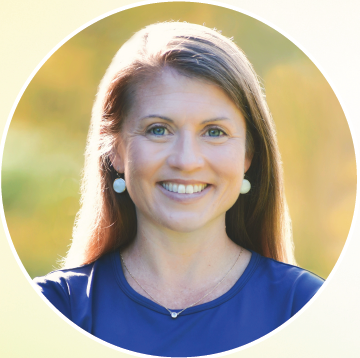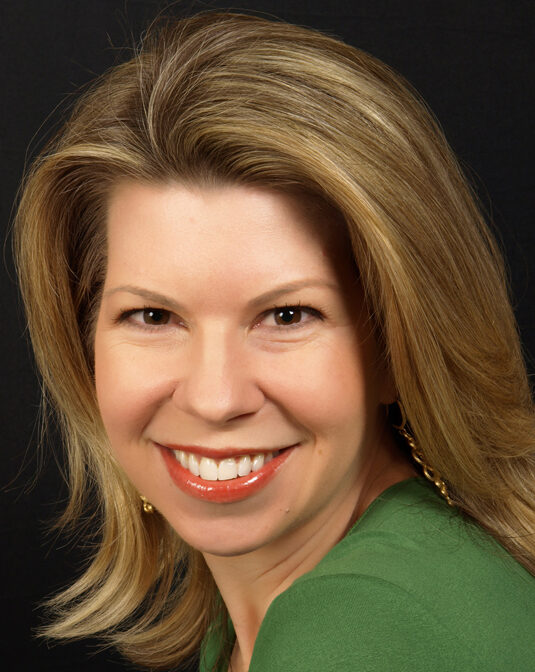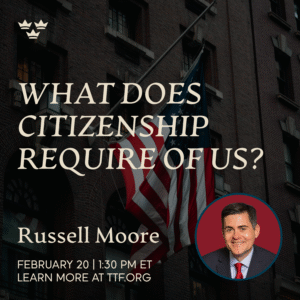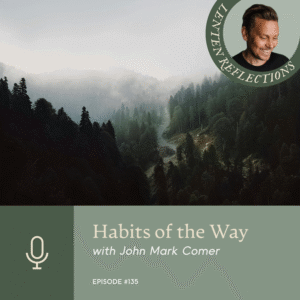Perfectly Human: Why Understanding Disability Matters to all of us with Amy Julia Becker
March 1, 2024
Overview
Speakers
-
 AMY JULIA BECKER
AMY JULIA BECKER -
 CHERIE HARDER
CHERIE HARDER
SHARE

